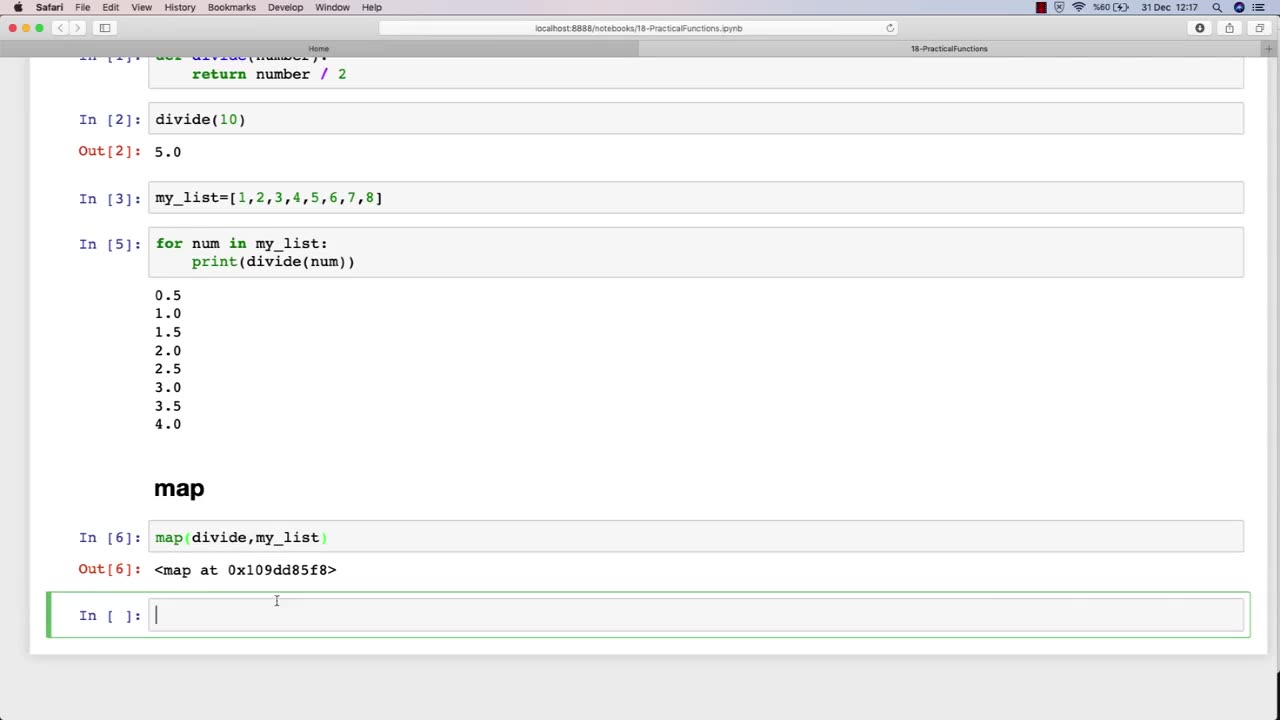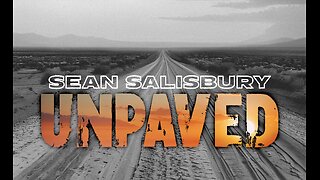Premium Only Content

Chapter-30, LEC-5 | Function Practical Usage | #ethicalhacking #hacking #education
#ethicalhacking #hacking #rumble #virel #trending #education
Subscribe to our channel YouTube channel.❤️
/@thecybersecurityclassroom
Followe me on Rumble.💕
/@the1cybersequrityclassroom
#hacking #growthhacking #biohacking #ethicalhacking #lifehacking #whacking #hackingout #happyhacking #brainhacking #travelhacking #househacking #brainhackingum #hackingtools
#bushwhacking #hacking_or_secutiy #porthacking#porthacking #belajarhacking #hackinginstagram #growthacking #biohackingsecrets #realityhacking #neurohacking #hackingnews
The function of practical usage in an ethical hacking course is to provide students with hands-on experience and practical skills necessary to apply the concepts and techniques learned in the course to real-world scenarios. This portion of the course is often the most critical, as it allows students to gain experience in conducting ethical hacking activities in a safe and controlled environment.
During practical usage, students are typically given access to a variety of simulated networks, systems, and applications, and are challenged to identify and exploit vulnerabilities in these environments. This includes conducting vulnerability assessments, penetration testing, and other ethical hacking activities using specialized tools and techniques.
Practical usage in an ethical hacking course is designed to simulate real-world scenarios and help students develop the skills necessary to address complex security challenges. This requires a combination of technical skills, critical thinking, and effective communication skills.
One of the primary functions of practical usage is to help students develop the ability to think creatively and outside the box when it comes to identifying potential vulnerabilities and attack vectors. Students learn how to leverage a wide range of tools and techniques to uncover vulnerabilities that may not be immediately apparent, and how to develop custom scripts and tools to automate repetitive tasks.
Finally, practical usage in an ethical hacking course also emphasizes the importance of documentation and reporting. Students learn how to write detailed reports documenting their findings and recommendations for remediation, and how to communicate this information effectively to technical and non-technical stakeholders.
Overall, the function of practical usage in an ethical hacking course is to provide students with the practical skills and experience necessary to conduct ethical hacking activities in a safe and controlled environment. This prepares students to effectively identify and address security vulnerabilities and help organizations protect themselves from cyber threats.
-
 LIVE
LIVE
The HotSeat With Todd Spears
1 hour agoEP 203: The Military "Whistleblower"
779 watching -
![[Ep 784] Election 2025: NYC is Screwed | Tatum Calls Out Kirk Conspiracists | Guest: Sam Anthony](https://1a-1791.com/video/fwe2/00/s8/1/U/Q/E/w/UQEwz.0kob-small-Ep-784-Election-2025-NYC-is.jpg) LIVE
LIVE
The Nunn Report - w/ Dan Nunn
1 hour ago[Ep 784] Election 2025: NYC is Screwed | Tatum Calls Out Kirk Conspiracists | Guest: Sam Anthony
164 watching -
 1:22:54
1:22:54
DeVory Darkins
4 hours agoTrump makes shocking announcement as Major ELECTION UPDATE drops after bomb threat
91.8K53 -
 10:11
10:11
Dr. Nick Zyrowski
8 days agoDoes Creatine CAUSE Hair Loss? (We All Got This Wrong)
6.85K2 -
 1:09:24
1:09:24
Timcast
4 hours agoZohran Mamdani BLAMES Trump Over Bomb Threats At Polling Locations
169K106 -
 3:09:52
3:09:52
Right Side Broadcasting Network
6 hours agoLIVE REPLAY: White House Press Secretary Karoline Leavitt Holds a Press Briefing - 11/4/25
80K16 -
 1:58:04
1:58:04
The Charlie Kirk Show
4 hours agoGo Vote! + Healthcare and the Shutdown | Dr. Oz, Baris | 11.4.2025
89K17 -
 58:49
58:49
The White House
5 hours agoPress Secretary Karoline Leavitt Briefs Members of the Media, Nov. 4, 2025
32.4K16 -
 1:00:22
1:00:22
Sean Unpaved
4 hours agoCarousel Chaos: CFB Week 10 Shocks & Drops, Cardinals Stun MNF, & CBB's Opening Tip-Off Frenzy
28.9K1 -
 1:57:43
1:57:43
Steven Crowder
7 hours agoFailed Hit Job: Another Trump Media Hoax Exposed
416K375